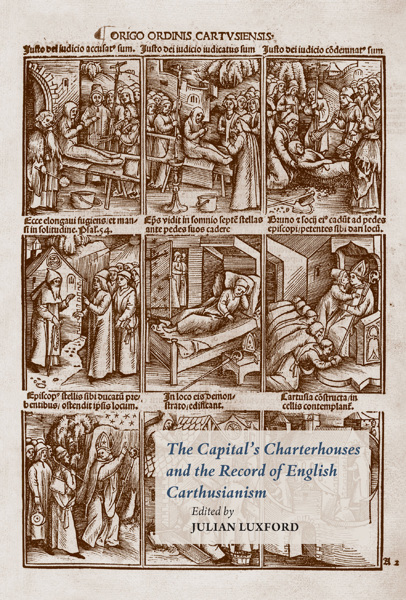
- Pages: 256 p.
- Size:150 x 230 mm
- Language(s):English
- Publication Year:2007
- € 55,00 EXCL. VAT RETAIL PRICE
- ISBN: 978-0-88844-819-4
- Paperback
- Temporarily Out of Stock
The first eight papers focus on Anselm, the second eight on comparisons and contrasts with Abelard. All of Anselm's and most of Abelard's major works are examined in the course of the collection. Contributors explore key philosophical themes of thruth, original sin, logic, reason. Others tease out the often intricate networks between intellectual communities in the period to reveal fresh insights into the development of both Anselm and Abelard's thought. This includes consideration of the physical way in which Anselm's corpus was collected and preserved. Connections between literary artifice and theological observation are investigated, as are Anselm's notion of gift and western intellectual attitudes towards Jewish and Islamic thought. Outside the mid-twelfth century the use made of Anselm's thought and historical existence by thirteenth century scholars and by the post-reformation Church in england are also considered.
This is an important and thought-provoking collection, which shows the continuing inspiration to be drawn from both Anselm and Abelard as well as providing a thorough investigation of the contexts in which their thought developed, evolved, was expressed ans was understood by contemporaries and subsequent generations.


